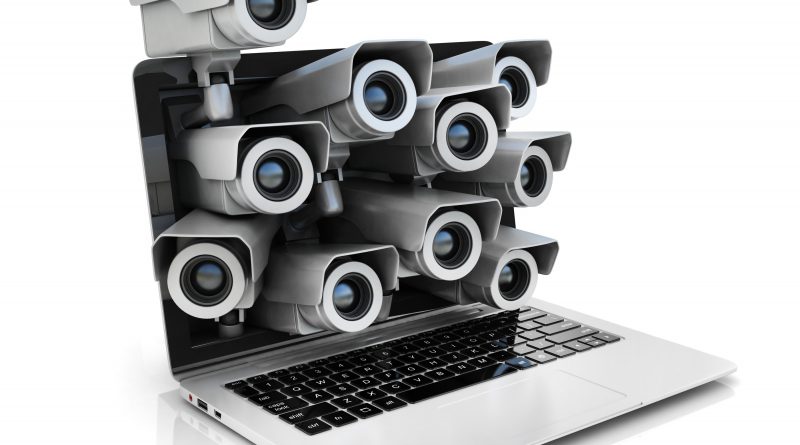Webcam Spies and How You Can Avoid Them
The words “hacking” and “spying” have been thrown around mainstream media for years, and if there is one thing we can take away from that is we are never really safe from cybercriminals.
Anything connected to the Internet can be used as a vehicle to pry into our private lives — our personal data and finances included.
So while you are reacting to a friend’s cute baby pictures on Facebook, one of those cybercriminals might be going into your email account. Like online shopping? A stranger might be watching you through your webcam as you click away.
Some hackers commit the crimes to spy on people for the sake of it, but most hackers nowadays are in it for the money.
In July of last year, hackers used a malware called Delilah to hack into Diskin Advanced Technologies’ systems. The cybercriminals were said to use popular adult and gaming websites to install their malware onto their victims’ devices.
Other people can listen to you via your smart TV, can read your email, turn on the webcam on your laptop, without you ever knowing.
The hackers were able to gather personal data from the victims – even pictures from their computer webcams. If there was something to blackmail a victim with, the hackers could force the victims into letting them into the company’s network or data.
These tactics are not new, unfortunately, and definitely more common than we think.
Governments all around the world have developed sophisticated cyber-surveillance methods; with the recent discovery of the CIA as one of the most prominent perpetrators of cyber-spying.
Eric Cowperthwaite, a former executive of Core Security, said the CIA has the potential to hack anyone, anytime.
Regrettably, Cowperthwaite added, “This capability is now in the hands of people other than the CIA. All the things you have read that seem like science fiction movie plots are really true. Other people can listen to you via your smart TV, can read your email, turn on the webcam on your laptop, without you ever knowing.”
Although the current online security landscape might seem dire at times, there are a few things you could do:
- Install security software – including firewalls and intrusion detection software – and keep it updated
- Apply updates to your applications, programs, and browsers regularly
- Be on the guard for suspicious/phishing emails.
- Make sure the websites you input your personal data are legitimate and secure using https connections.
- Check the URLs you are clicking on to make sure they are not redirecting you to a compromised website.




